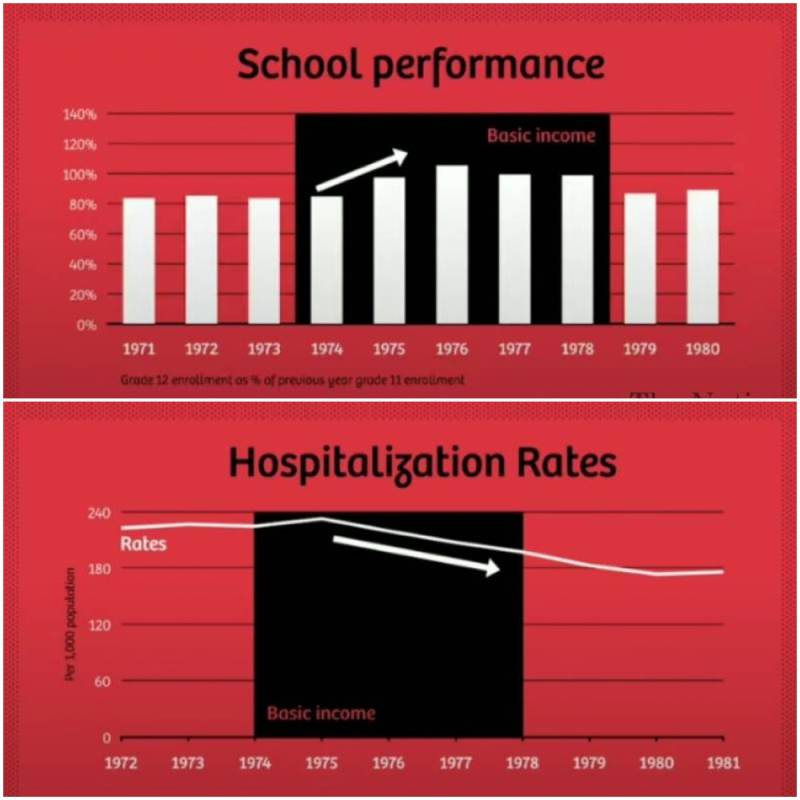Why do the poor make so many indigent decisions? The poor borrow more, save less, smoke more, exercise less, drink more and eat less healthfully. The underlying assumption is the same: there is something wrong with them. According to the former prime minister of the UK Margaret Thatcher, “Poverty is a personality defect” and similar was my own perception about it until a few years back when I discovered every thought I ever knew about poverty was wrong.
It all started when I accidentally stumbled upon a research paper by few American psychologists. It was an experiment with American sugarcane farmers. Those farmers collected about 60 percent of their annual income at once, right after the harvest which means that they were relatively poor one part of the year while rich in the other. The research asked them to do an Intelligence Quotient (IQ) test before and after the harvest.
The farmers scored much worse on the test before harvest. The effects of living in poverty, it turns out, corresponds to losing 14 points of the IQ. It signifies that people behave differently when they perceive things to be scarce. And what that thing is in its own existence does not actually matter. Whether it is scarcity of time, money or food, it simply does not matter.
Poverty is not lack of character rather it is lack of cash. The basic question is of course, what can be done to help people fulfil the scarcity? It is an incredibly simple idea: basic income guarantee. It is a monthly ground, enough to pay for one's basic needs: food, shelter, education. It is completely unconditional. No one is going to direct you what you have to do for it, and no one can interfere in what you have to do with it.
The basic income is not a favour, but it is a right. Its proponents have spanned the spectrum from left to right, from the Civil Rights campaigner Martin Luther King Jr. to the Economist Milton Friedman. I stumbled upon a story of a town that had actually eradicated poverty. The story of a small town Dauphin in Canada. In 1974, everybody in this town was guaranteed a basic income, ensuring that no one fell below the poverty line. The people in Dauphin had not only become richer, but also smarter and healthier.

Additionally, the performance of students improved substantially. Similarly, the hospitalization rate decreased by 8.5 percent. Domestic violence incidents were down, as were mental health complaints. And people did not quit their jobs. Similar results have since been found in numerous other experiments around the globe from the developed, first world countries, like US, China and Russia to the developing and under-developed countries including India, Pakistan and Bangladesh.
Pondering over the elephant in the room, how can one ever afford a basic income guarantee? What they practiced in Dauphin was financing it with a negative income tax. This means that one’s income is topped up as soon as they fall below the poverty line. And in that scenario, according to American economists’ nest estimates, for a net cost of 175 billion - a quarter of US military expenditure, one percent of GDP - could be utilised to lift up all impoverished Americans above the poverty line. Basic income is so much more than just another policy. It also is a complete philosophy of what human psychology demands from work. And in a rational realism, it will not only set the poor free but also the whole working stratum of a society will sigh in relief.
I believe in a future where the point of education is not to prepare a job-fixed loser mindset but of a life well-lived. I believe in a future where the existence without poverty is not a privilege but a right that each and everyone deserves.








